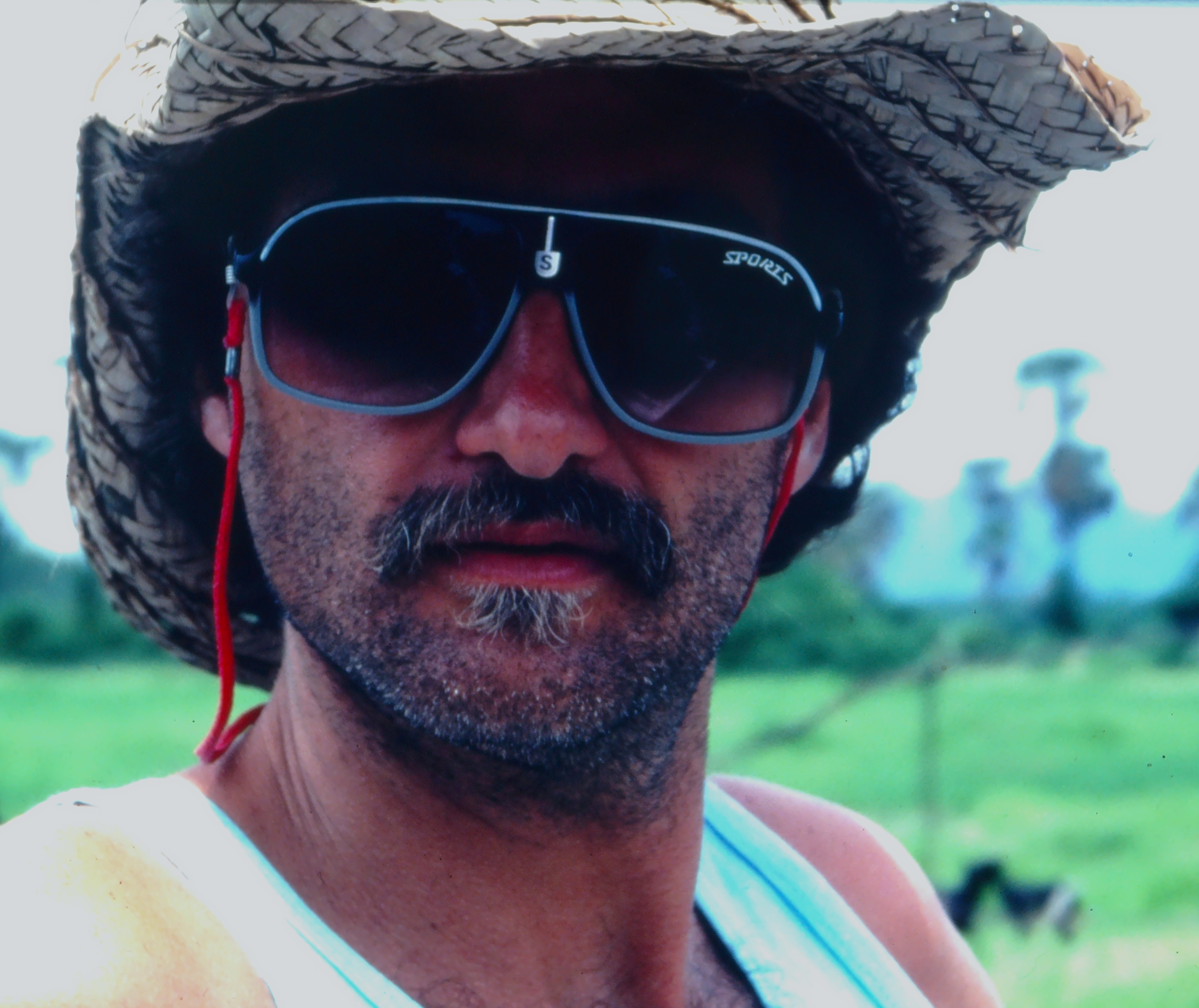
While in 2025 the US and others have created new barriers to international cooperation and trade, free trade and new economic developments are increasing between the leading aquaculture/fisheries countries. New agreements are also expanding aquaculture development and free trade opportunities in the “aquaculture ambitious” countries. China is increasing multilateral agreements with ASEAN and the GCC countries (the Gulf Cooperation Council (GCC), a political/economic alliance of Saudi Arabia, Bahrain, the United Arab Emirates (UAE), Kuwait, Oman, Qatar). China is negotiating a larger, three-way free trade agreement with ASEAN and the GCC.
In addition, while some countries are creating new barriers to diversity, higher education and professional mobility, and prioritizing massive investments of public funds into an unfathomable toxic mix of wars, political corruption and malfeasance, educated, wealthy investors are migrating, taking their coins with them. According to the U.K. Henley & Partners the UAE is a global winner in this regard, expecting to welcome 9,800 millionaires soon, bringing into the UAE ~US$ 63 billion. The UK is the biggest loser with an estimated 16,500 millionaires leaving, and the US is not far behind.
In energy China is the world’s largest oil importer, while the GCC countries are the major global suppliers. Together the GCC, Iraq and Iran provide more than half of China’s oil. China is the world leader in the supply chain of renewable energy. China lithium battery shipments to the GCC increased by 99% in the first three quarters of 2023 (UN Comtrade Data).
Global financial systems are changing rapidly in response.
The Chinese Yuan (Renminbi) is rapidly internationalizing with use of digital and e-currency increasing cross-border transactions. The People’s Bank of China and the UAE Central Bank signed a MoU to increase digital currency transactions (East Asia Forum 2024). Lower transaction costs and less risk could mean that GCC countries might switch to the yuan to pay for oil which will further decrease international reliance on the US dollar.
The Italian Institute for International Political Studies said, “Will these agreements improve bilateral ties and foster a move away from the petrodollar and toward the petroyuan”?”
Investments in seafood production value chains, energy infrastructures and supply systems are changing rapidly in response to these global developments. SeafoodSource (2025) reported large Chinese investments to expand domestic aquaculture capacities in applied academia (Ocean Universities in every province, etc.), aquaculture production technologies/engineering, processing and product development, plus assistance/subsidies to expand cooperation, aquaculture production and technology developments in the ASEAN and the GCC.
Although China and Norway are increasing cooperation and joint investments - and more Norwegian salmon is being sold in China than ever before - SeafoodSource (2025) reported that there are “Chinese ambitions to rival Norway as a provider of seafood technology to global markets.” The article goes on to state that a Chinese mariculture company had “began its efforts when it reengineered a marine cage purchased from Norway in 2006…and increased its size from 15,000 to 60,000 cubic meter capacity”.
Are winners and losers in the current uncertain chaos becoming clearer?
References
CJO Global. Which Countries Has China Signed Free Trade Agreements with?
East Asia Forum. 2024. Chinese yuan gains currency in the Gulf states
Henley & Partners. Private Wealth Migration Report
Italian Institute for International Political Studies. Deepening Cooperation Between China and the Gulf
SeafoodSource. 2025. Fujian signs mariculture, processing technology MOU with Malaysia


